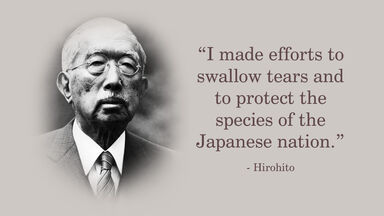As a fact, the commanders-in-chief on the East Indies and Cape of Good Hope stations were instructed that in consequence of the great practical difficulty of proving - at ports so remote from the scene of war operations as Aden and Perim - the real destination of contraband of war carried by vessels visiting those parts, directions were to be given to the officers concerned to cease to search such vessels, and to merely report to the commander-in-chief at the Cape the names of ships suspected of carrying contraband, and the date of clearance.
Some difficulties which arose regarding the exercise by the British government of the right of search for contraband of war were also used to stimulate public feeling.
Portugal observed neutrality on the outbreak of the AngloBoer War, but the permission it conceded to the British consul at Lourenco Marques to search for contraband of war among goods imported there, and the free passage accorded to an armed force under General Carrington from Beira through Portuguese territory to Rhodesia, were vehemently attacked in the Press and at public meetings.





